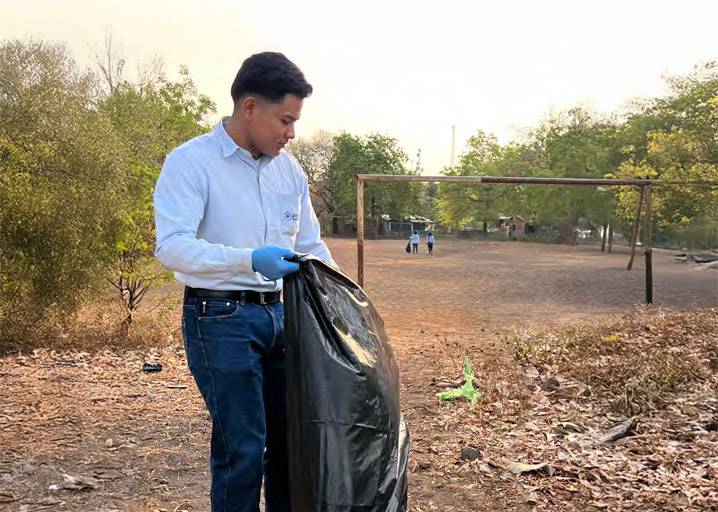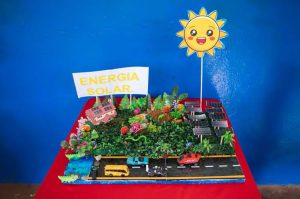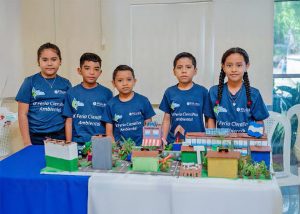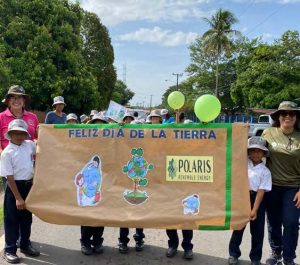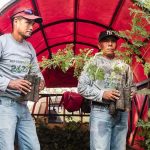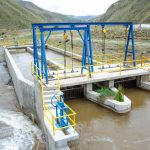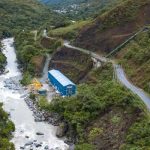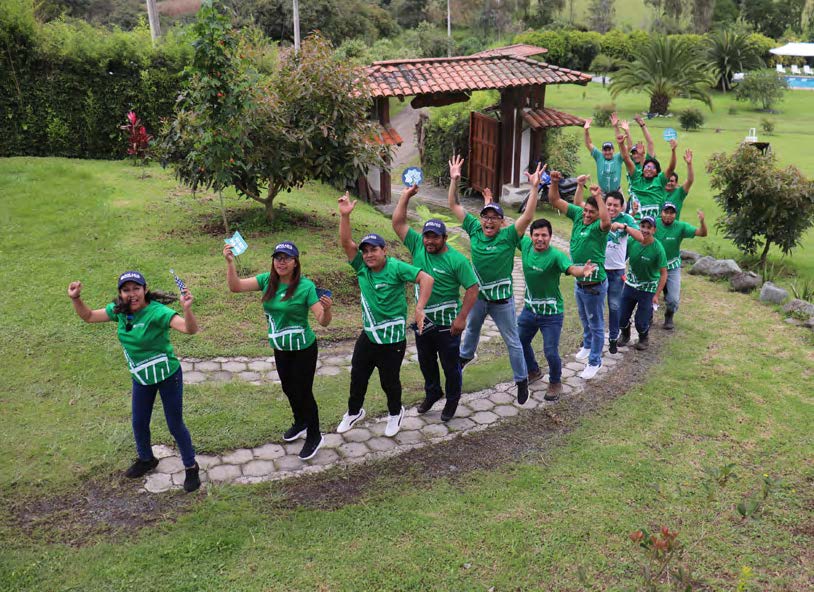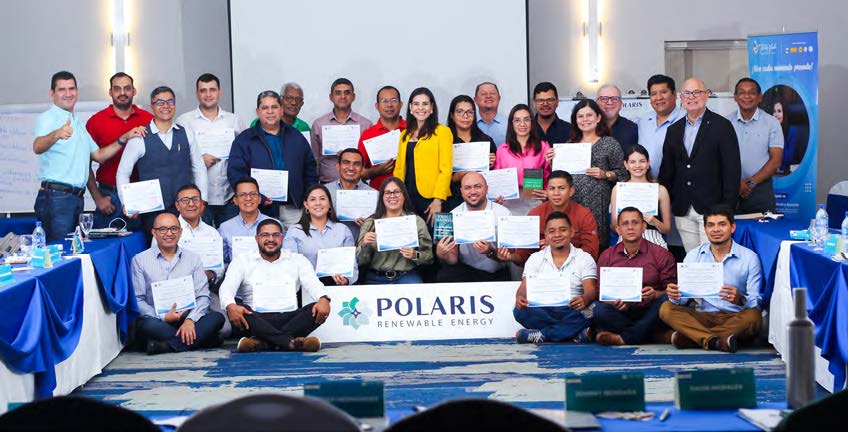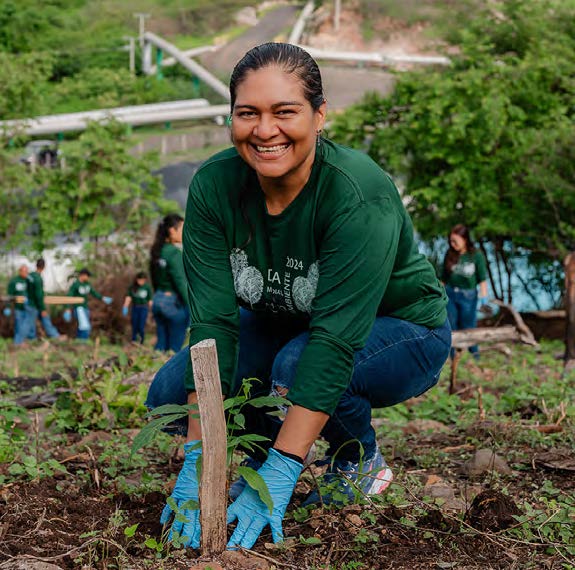Our operations in Latin America and the Caribbean face significant challenges in waste management. According to the United Nations, One-third of urban waste generated in Latin America and the Caribbean still ends up in open dumpsites or the environment, impacting public health and contaminating soil, water, and air. The region also struggles with limited recycling capacity.?47 Effective waste management is integral to achieving several Sustainable Development Goals (SDGs), including SDG 348, SDG 649, SDG 1150, SDG 1251, SDG 1452, and SDG 1553. To contribute to these goals, Polaris has implemented comprehensive Waste Management Plans that cover everything from source reduction to safe disposal.
In all our operations, we promote the responsible use of materials, guided by circular economy principles. This approach minimizes waste generation, extends the lifespan of materials, and fosters resource efficiency. Our Operations and Maintenance teams conduct preventive maintenance to maximize equipment lifespan, reusing and repairing components whenever possible. For example, in Nicaragua, when air conditioning units were replaced with more efficient models54, the old units were stored to recover parts that could be reused in other equipment. The units that could no longer be used are being disposed of by authorized companies in compliance with environmental regulations. This process has contributed to an increase in waste generation in Nicaragua in 2024 compared to 2023.
Across our operations, we have repurposed wood from packaging materials to create support structures for equipment, formwork for construction, or even donated it to local communities.
We also promote recycling within our operations and extend these practices to local communities in some jurisdictions. In 2024, we began tracking non-hazardous waste, including non-recyclables such as organic waste. This new data set provides a baseline for waste generation, allowing us to develop targeted actions for waste reduction. The increase in total waste generation in 2024 is primarily due to the inclusion of non-recyclable, non-hazardous waste in our indicators. To mitigate the environmental impact of improper waste disposal, we launched a pilot project in Nicaragua in 2024 to sort organic waste in the kitchen area for compost production. This compost is used to enrich soil in our nursery and reforested areas, aiding local ecosystem regeneration. So far, we have recovered 150 kg of organic waste for composting.
In 2024, we also completed the construction of storage facilities for hazardous and non-hazardous waste at our operations in the Dominican Republic and Ecuador. These facilities were designed in full compliance with local environmental regulations and international standards for signage and risk management. The construction was accompanied by an environmental training program focused on waste classification and management.
Our commitment extends beyond our internal operations. As part of our initiatives to promote recycling externally, since 2023, we have been encouraging this practice among our employees at our corporate office in Nicaragua. In 2024, we successfully recycled a total of 360.2 kg, which was properly disposed of. Through this initiative, we are contributing to fostering sustainable practices in the lives of our employees.
Additionally, in 2024, we conducted a regional cleaning and waste collection campaign in the communities surrounding our projects to reduce the impact of improper waste disposal. Our staff actively participated in the campaign, collecting 498.5 kg of waste. We have also carried out environmental awareness campaigns in local schools to promote recycling among younger generations.

